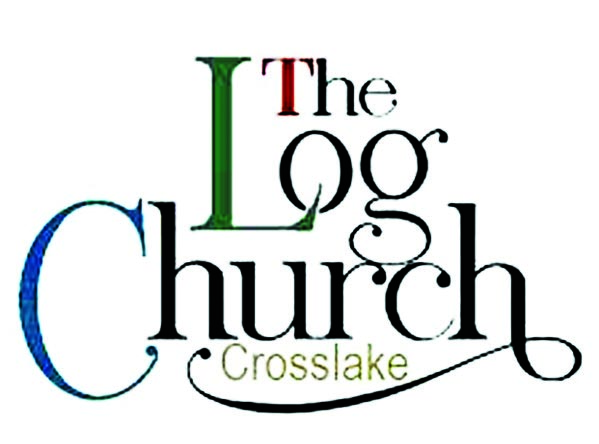He Rides a Donkey!
Matthew 21:1–17
What would you think if someone rode into church this morning on a donkey? You might say, “Don’t park that donkey next to my car!” It just wouldn’t fit—it would feel out of context.
But today, we’re looking at an event that, while it may seem strange to us, made perfect sense to those familiar with the Scriptures. To understand Palm Sunday, we need to understand its context.
The Prophecy of the King on a Donkey
Zechariah 9:9
“Rejoice greatly, Daughter Zion! Shout, Daughter Jerusalem! See, your king comes to you, righteous and victorious, lowly and riding on a donkey, on a colt, the foal of a donkey.”
All of Israel knew this prophecy. You could say Jesus chose a donkey because He knew this prophecy—just like everyone else.
Interestingly, 150 years before Jesus, Judah Maccabee also rode into Jerusalem on a donkey and went into the temple to cleanse it. Sound familiar? But Judah couldn’t establish the Kingdom—because he wasn’t the Messiah.
Jesus’ Triumphal Entry
Matthew 21:1–11
Jesus rides into Jerusalem fulfilling the prophecy. His entry wasn’t just an act—it was His first Messianic action. He was declaring Himself Messiah, and He needed the people’s praise to fulfill that claim.
So how did He gather such a crowd?
He raised Lazarus from the dead—just two miles away in Bethany. Word spread quickly. This was the miracle that topped them all. It was so undeniable that it made people ask: Is this the Messiah?
The crowd responded with excitement:
“Hosanna to the Son of David!”
“Blessed is he who comes in the name of the Lord!”
“Hosanna in the highest heaven!”
But then comes the question: Why did they turn on Him?
Why go from “Hosanna” to “Crucify Him”?
The Second Messianic Action – Cleansing the Temple
Matthew 21:12–17
Jesus drives out the money changers and overturns tables. This was another bold, messianic statement. But instead of rallying support, it began alienating the leaders and disappointing the people.
Why?
Because Jesus didn’t meet their expectations of a military messiah.
They wanted revolution—He brought righteousness.
They wanted a warrior—He came as a servant.
And when God doesn’t meet our expectations, we often react the same way, don’t we?
Israel’s Failure and Ours
Jesus cursed the fig tree as a symbolic act—Israel’s leaders were like that tree: outwardly impressive, but fruitless.
As the book The Drama of Scripture says:
“Israel has turned its election into separatist privilege instead of obeying its call to be a light to the world.”
Just like Jonah, Israel had put nationalism over their mission. And we too can miss our calling when we place anything above God’s purpose for us.
The Third Messianic Action – The Last Supper
Matthew 26:20–30
In the upper room, Jesus redefines the Passover.
He becomes the sacrifice.
“This is my body… This is my blood of the covenant, which is poured out for many for the forgiveness of sins.”
Jesus, the Messiah, was also the Lamb. This was confusing then—and still is to many today. But for those who love Him, this is the most beautiful truth of all.
This is how we can sing of the wondrous cross instead of a wretched one.
The Final Question
Will we respond to Jesus like the crowd on Palm Sunday—shouting “Hosanna”?
Or like the crowd on Good Friday—calling for His crucifixion?
Jesus is here—right now.
Will you receive Him as Savior?
Or turn away, like so many did?
